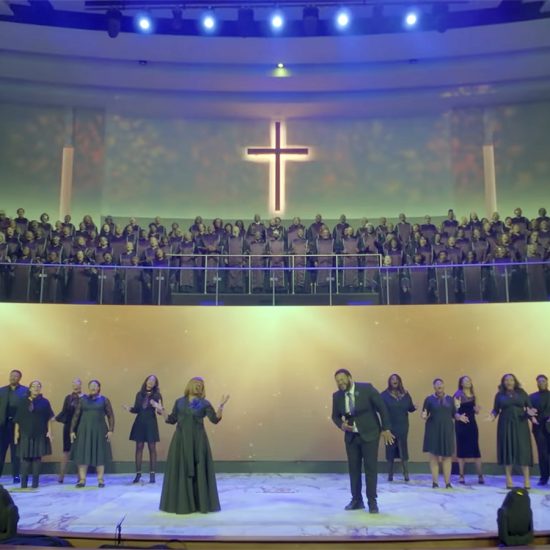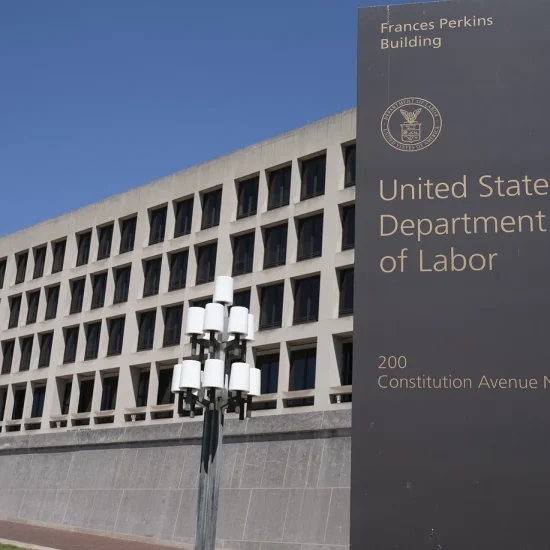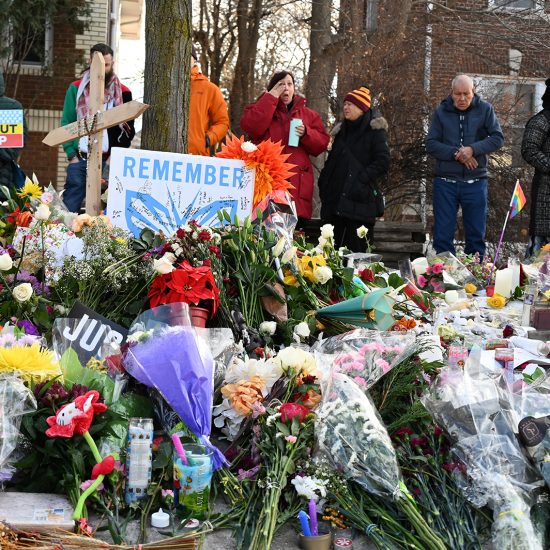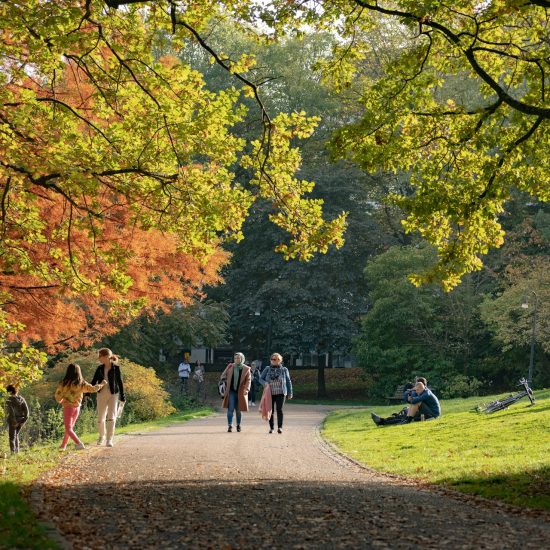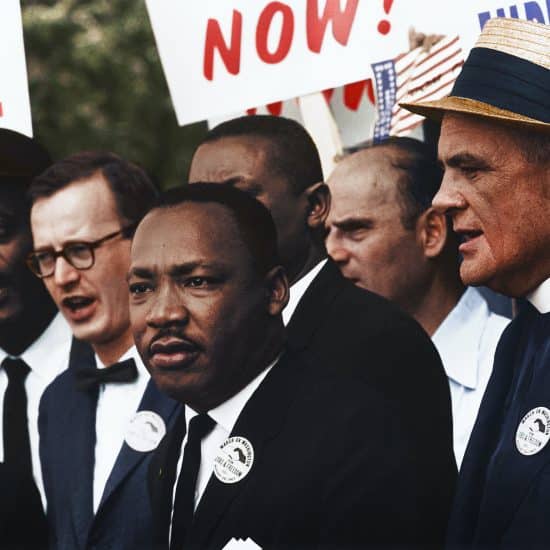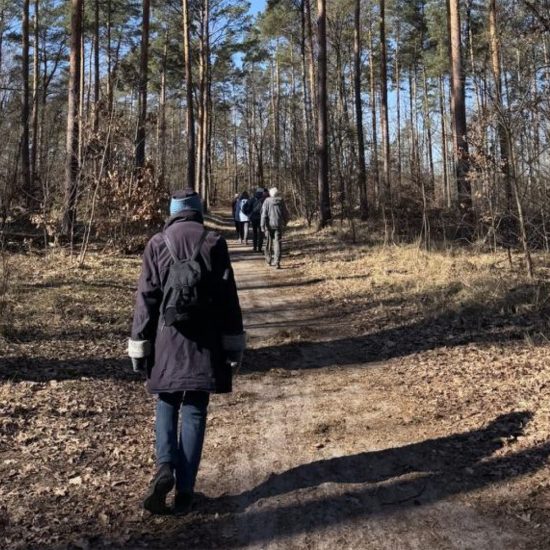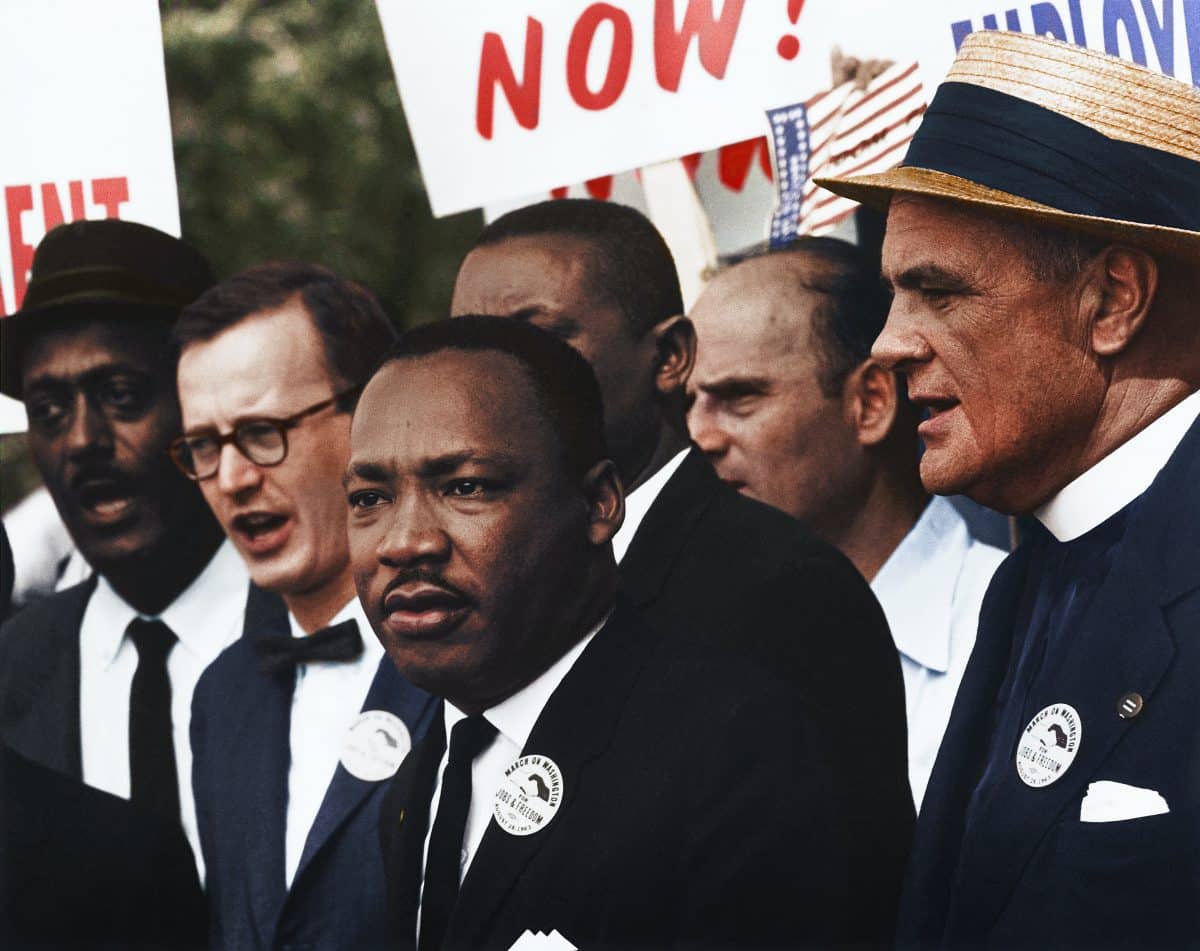
Late last year, I got to spend time with Dr. Howard Thurman (if only that were true in the literal sense!). For a day, I spent time reading his words in Jesus and the Disinherited, listening to recorded sermons offered at the Duke University Chapel, receiving instruction on his meditations from scholars like Lerita Coleman Brown, praying some of his meditations on Psalm 139, and even talking to some trees as Thurman was known to do as a nature mystic.
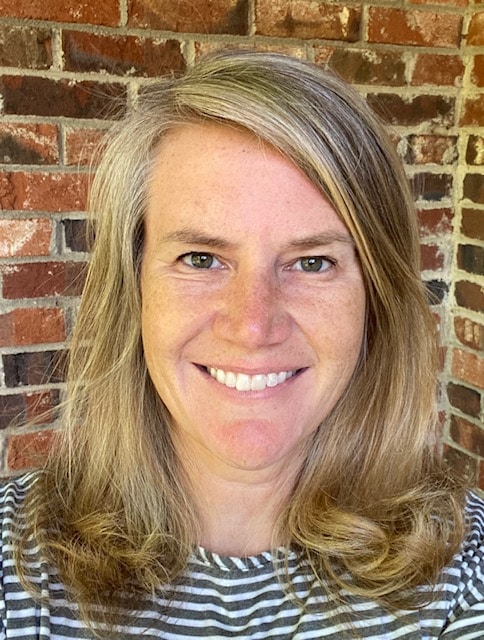
Sarah Blackwell
As noted often in biographies of him, he is one of the people that had the most impact on our country without being a household name. As a mentor to Dr. Martin Luther King, Jr., he inspired the spiritual heart of the Civil Rights Movement. He also started the first intentionally interracial church in San Francisco back in 1949. Thankfully teachers like Lerita Coleman Brown have kept alive his legacy and now people are starting to take notice (like PBS in their 2019 special entitled Backs Against the Wall: The Howard Thurman Story). This MLK day, I believe that we, too, can spend a day like MLK would have—learning from Dr. Howard Thurman.
What did I learn in my day with Dr. Thurman? Here are four takeaways:
1) Have you ever found joy in peeling the bark off a tree? We often build up a thick protective bark around our lives in the form of a constructed self that we believe is both pleasing to others and how our context tells us we should be. Thurman encouraged us to center ourselves in silence which allows us to peel off these layers and reveal the spiritual self we were created to be. Thurman knew himself and his calling so well. While he was present at the march on Washington during the Civil Rights movement, he remained behind-the-scenes praying and lending support to those that went in front of the microphone. He was confident in his calling to be the emotional and spiritual support person for the movement’s leadership and sought no greater public facing role for himself.
2) Debris. Sometimes our life is just debris — the aftermath of the storm. Maybe the storm caught us unawares, and we are having a hard time responding? Hopefully we have prepped for it, and it was not as bad as we thought it would be. Regardless, there is always some detritus left behind. Will it form the compost for the next season of growth? As Lerita Coleman Brown wrote reflecting on Thurman’s writing: “God is not through with creation — God is not through with me.” As Thurman himself explains, “What I would be and am not yet, reassures me.” The debris in life is not necessarily the end.
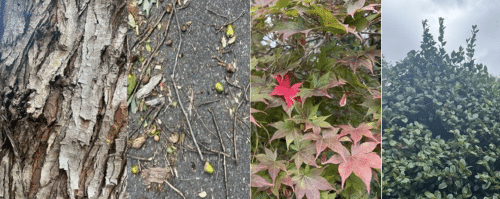
3) Sometimes we change before those around us — we get tired of trying to fit in and conform. Going through the normal motions of life, we are revealed. We may stand out glaringly. We may startle those who are used to our greenness. We may just be the herald for our community, though, who says it is okay to reveal your true self? It is okay to let go. Thurman thought that we must love people into knowing that they are holy children of God, unique and precious.
4) Thurman believed that whatever you focus on expands, just like the sunlight hitting one spot of a plant. Those places that are illumined are where there will be growth. Alternatively, if we focus on retribution, our hatred will continue to grow disproportionately to our other emotions. After a meeting in the 1930s with Gandhi, Thurman embraced nonviolent resistance. He believed in centering prayer and spent years training Civil Rights workers to center themselves before marches and protests so that they could respond out of love rather than hatred. He believed that an inner center of calm will help us withstand the attacks of the world: “In quietness and confidence shall be my strength.” He focused on love amid the turmoil and that is what grew within him.
Thurman’s most famous and “reproducible on a poster” quotation is: “Don’t ask yourself what the world needs. Ask yourself what makes you come alive, and go do that, because what the world needs is people who have come alive.” What strikes me about this quotation is how it pairs with his emphasis on listening. As a proponent of spiritual disciplines, Thurman encouraged times of silence and reflection to listen for our calls to heal the world. Here we see Thurman encouraging us to pay attention to what makes us come alive, which can only be done with time for contemplation. How wonderful this world would be this year if we had people all around us who had come alive.
So, while MLK would wholeheartedly support the days of service that have become synonymous with the holiday that honors him, I think he would also appreciate us doing as Dr. Thurman would have done — spending time in silence and communing with God and our true self. So, this MLK day, honor his great teacher Dr. Howard Thurman by walking in nature, sitting in reflective silence, looking at the ways creation works together, and then applying these lessons to your life. You might even find yourself talking to some trees.
Sarah Blackwell is a contributing writer for Word&Way and a 2020 Graduate of the Gardner-Webb School of Divinity. She currently teaches in the religion department at Wingate University in Wingate, NC. She is the author of God is Here, an illustrated spiritual formation book for children based on encountering God in nature, available in February. For ordering information and to follow her writings go to proximitytolove.org

